As an Occupational Therapist with 30+ years of experience, I am passionate about assisting people in living well with dementia. Some people consider the “live well with dementia” idea corny at best and unrealistic at worst. However, there are large and growing amounts of research to indicate psycho-social and lifestyle interventions that will do just that – help you to live well and come to terms with a diagnosis, as well as live a full and meaningful life. The key, however, is getting a diagnosis in a timely fashion from a medical practitioner who will support you on the right path with information and resources to plan for the future and feel and be in control. That is what attracted me to COGNISANCE and what we are striving to do. But to achieve this, things must change!
Can you tell us a bit about COGNISANCE? What are the aims and objectives of the project?
Co-designing dementia diagnosis and post-diagnostic care (COGNISANCE) was a project brought about by pervasive and global issues with how a diagnosis of dementia is given without hope and the poor support received after diagnosis. In a global survey undertaken for the 2021 World Alzheimer Report (Alzheimer’s Disease International), 55% of people said they were given inadequate information at diagnosis, and 62% of healthcare practitioners believed that nothing could be done following the giving of a diagnosis.
The Chief investigator is Professor Henry Brodaty AO, an old age psychiatrist researcher, policy advisor, and strong advocate for people with dementia and carers. At UNSW Sydney, he is Scientia Professor and Montefiore Chair of Ageing and Mental Health and Co-Director of the Centre for Healthy Brain Ageing. He has published extensively and serves on multiple committees for the state and Australian governments and WHO.
COGNISANCE aimed to develop, test, implement and evaluate a global website tailored for each country involved and social marketing campaigns to change hearts, minds, and behaviors to improve how a diagnosis is communicated and the support available following diagnosis.
To meet our aims, we used a five-step approach:
- Through surveys and interviews, we explored current experiences, barriers, and facilitators to dementia diagnosis and post-diagnosis support from the perspectives of persons with dementia, care partners, and health and social care professionals in each of our regions.
- Based on this formative research, we co-designed an internationally adaptable set of web-based resources and key messages to support improvement in the communication of diagnosis and post-diagnostic support.
- Each country reviewed the context of dementia diagnosis and support, including policy, practice, and the nature of existing supports to devise a social marketing campaign named Forward with DementiaTM to communicate key messages, change help-seeking and help-giving behavior, challenge stigma, myths, and misconceptions about dementia.
- We are currently evaluating the project.
- Lastly, we are just completing a ‘Playbook’ as a guide to describe the process and help other countries to produce public resources and campaigns to transform how a diagnosis of dementia is communicated, and the support offered after diagnosis.
Alzheimer’s Disease International has estimated that three-quarters of people with dementia have not received a diagnosis. What is the current process of dementia diagnosis, and why is a diagnosis difficult to obtain?
There are many reasons, including health resourcing in different nations. Our project addresses, in part, the fear of dementia. Some research has indicated that dementia has outstripped cancer as the most feared disease. Individuals with dementia, families, communities and even health professionals often feel nothing can be done.
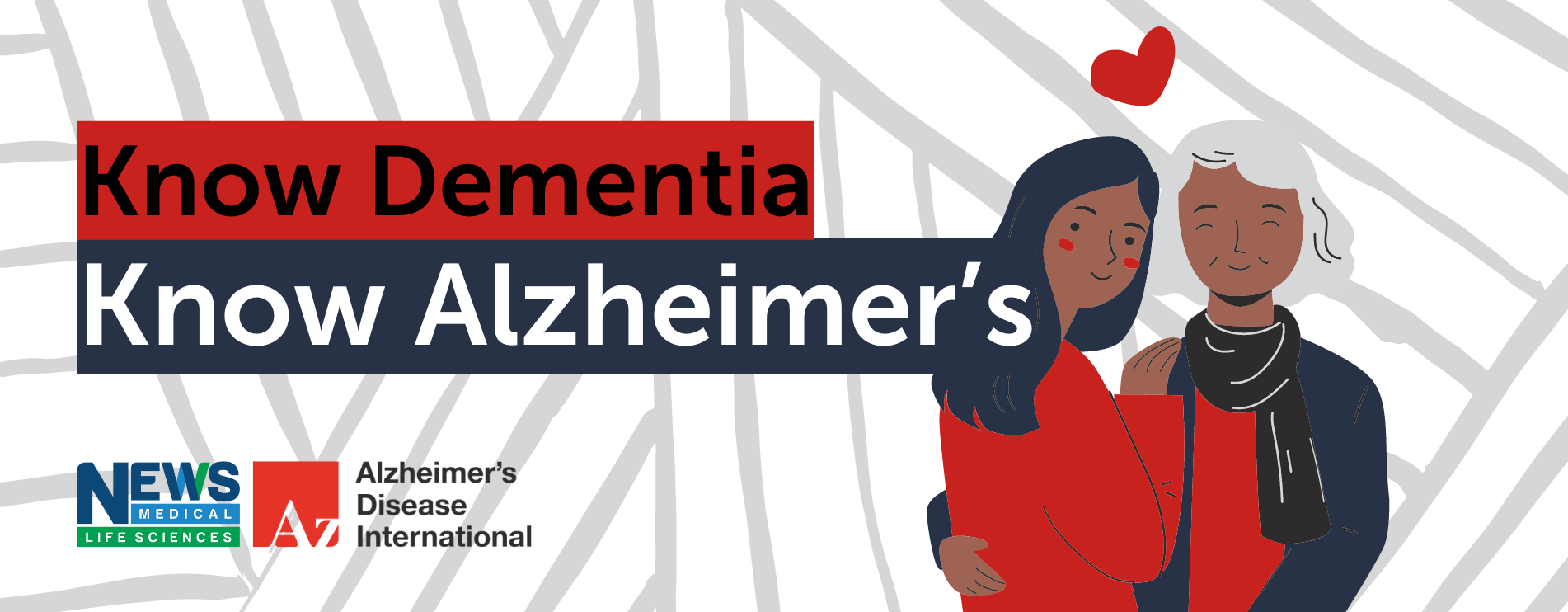 While there is no cure for most dementias, much can be done to treat and manage the symptoms and live a full and meaningful life after diagnosis. But, as I mentioned, things have to change. Health professionals need to communicate a diagnosis of dementia with compassion and hope and provide patients with information and resources that will enable them to live well.
While there is no cure for most dementias, much can be done to treat and manage the symptoms and live a full and meaningful life after diagnosis. But, as I mentioned, things have to change. Health professionals need to communicate a diagnosis of dementia with compassion and hope and provide patients with information and resources that will enable them to live well.
People with dementia, families and friends need clear information and practical actions to live well today, plan for tomorrow, and challenge the stigma and misinformation that often accompanies a diagnosis.
This year’s World Alzheimer’s Day theme is ‘Know Dementia, Know Alzheimer’s’ and focuses on post-diagnosis support. What is the current state of post-diagnosis support, and how can it be improved, both for the patient and their family?
Our formative research for COGNISANCE indicated variability across our five participating countries regarding post-diagnostic support. Even with four out of five of our participating countries being developed nations (Australia, UK, Netherlands, Canada; Poland is our LMIC), up to one-third of people with dementia (91 people) and carers (300) we surveyed were dissatisfied with the information they received and less than a quarter of people with dementia and about a third of carers received a plan of care.
Yet there is a plethora of information! COGNISANCE has codesigned a website (the international landing page) that gives a comprehensive guide to post-diagnostic support. The website has three sections for people with dementia, carers, and health care professionals tailored to meet their specific needs.
Cognisance has given us the opportunity to collaborate internationally to meet the common goal of improving the experiences for people after a diagnosis of dementia. Being given a diagnosis of dementia can be overwhelming. People may not know the questions to ask or be able to get the information they need at the right time.
We have worked closely with people living with dementia, carers, health care professionals, and organizations such as the Alzheimer’s Society to co-produce an online guide Forward with Dementia. People have told us that being able to have a one-stop shop for information and practical tools after a diagnosis is such a unique and valuable resource. “Did someone behind this have dementia? I think so, it’s so subtle and easy to use, you wouldn’t even want to come of it”.
In the UK, you can personalize and save the information relevant to you, and it’s a resource that can be shared with family, friends, and health care professionals and used as an action planner to start conversations. “…With this I can select my own to-dos, so I am in charge”.
Helping people to access good support at the right time is key to living positively with dementia, and Forward with Dementia has been developed with the people that it is for. We’re delighted that in the UK, we have funding from the NIHR through their three schools dementia program to further develop the guide for home care workers and to curate information for social care needs." - Jane Wilcock, Senior Research Fellow, University College London. 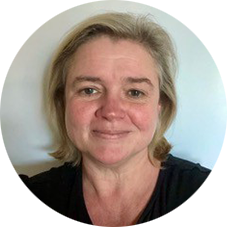
Five sections follow the questions people have about dementia, starting with understanding the diagnosis, then coming to terms with dementia, managing changes, supporting wellbeing, and making plans and decisions. Each section contains a broad range of concise articles with curated links to external websites and tools for further information.
But more than just information, Forward with Dementia provides key actions; it puts the information into practice for you. For example, the article on supporting someone to cease driving doesn’t just give information about driving; it gives you a balanced view of pros and cons to continuing driving, a link to a driving decision aid to help guide your thinking about stopping (or continuing) to drive, a link to a video about how to talk about driving cessation and an article about transport alternatives and advice about informing transport authorities and insurance companies. A box at the end of each article summarizes the actions to take.
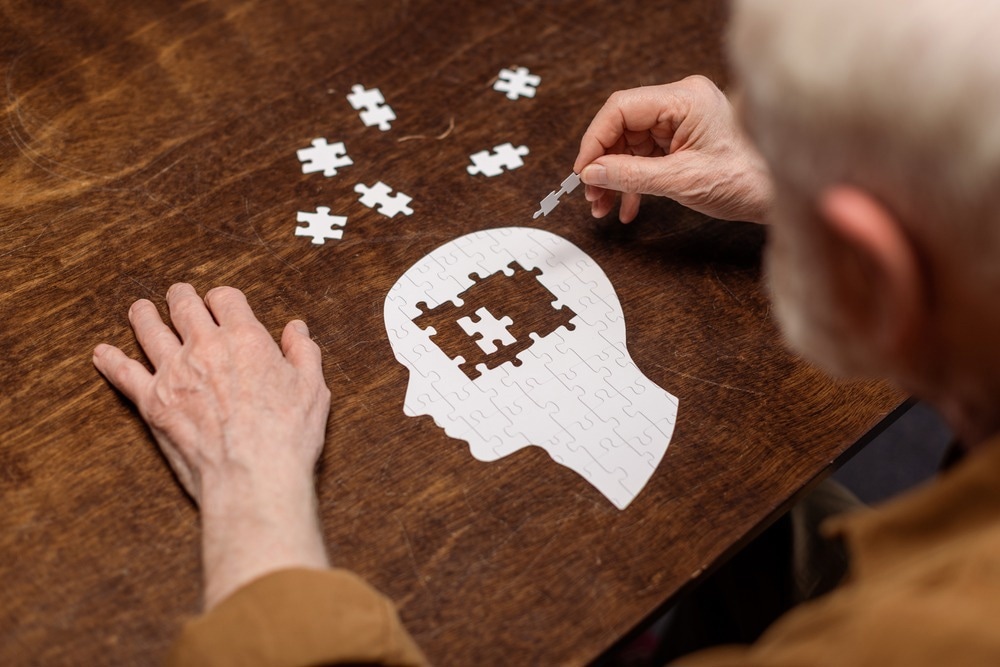
Image Credit: LightField Studios/Shutterstock.com
For busy health professionals, there are just two sections. One on how to deliver the diagnosis compassionately and with hope, and secondly, how to deliver best practice and guideline-informed post-diagnostic support.
Importantly, we co-designed some key tools. One example is the ‘Patient information resource’ for doctors. This directly responded to our finding that people left the diagnostic appointment with nothing in their hands. Often shocked and distressed, there was nothing they felt they could turn to. This simple take-home information sheet is provided for download on the website. It takes the doctor seconds to fill out but provides the key information of the diagnosis, what the management should be, when, and who will provide follow-up and the key telephone numbers and websites for support. This is our Australian example. We’ve been providing free printed tear-off pads for diagnosticians during our campaign.
During the COVID-19 pandemic, we have seen healthcare change. For the better, through the advent of telemedicine, and for the worse, as seen in the long waiting time for services. How has the COVID-19 pandemic impacted dementia diagnosis, and post-diagnosis support?
COVID-19 was a huge disruption to diagnostic and other health services, particularly dementia support. The pandemic hit just as we were launching the COGNISANCE project. We had to rapidly pivot from a traditional face-to-face approach to an online project. Going online meant we had the potential for a far greater reach, with the caveat that many older people are not as comfortable using online environments.
The post-diagnostic support within Forward with Dementia was written with the isolation of pandemic lockdowns top of mind and provides actions and strategies to come to terms with dementia, manage changes and decrease isolation that will work in a pandemic or not! For example, links to Dementia Alliance International and other online support groups are given as well as examples of commercially available online cognitive training sessions that people can link into.
Dementia is a worldwide phenomenon. In this project, we had the opportunity to develop resources to support people with dementia and care partners following a dementia diagnosis with the intention that they could be adapted and used globally. This was accomplished by working collaboratively with distinguished dementia researchers, persons living with dementia, family care partners, and health and social care providers from five different countries. The approach we used contributed to the development of resources that are rich and releva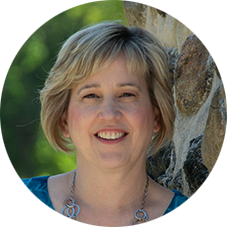 nt to a broad range of individuals impacted by dementia. It has been a tremendously rewarding experience."- Carrie McAiney, University of Waterloo and Schlegel-UW Research Institute for Aging, Canada.
nt to a broad range of individuals impacted by dementia. It has been a tremendously rewarding experience."- Carrie McAiney, University of Waterloo and Schlegel-UW Research Institute for Aging, Canada.
An important part of Forward with Dementia, pandemic or not, is when, how and who to tell the diagnosis. We talk a lot about this and even provide a tool to help people think through how to do this. There is an emphasis on reassuring people that it is OK to ask for help and support and dispelling myths surrounding dementia.
The COGNISANCE team and its collaborators are international. How important is it to this project to be a collaborative and inclusive one?
There is a saying in dementia advocacy, “nothing about us with us.” Without a team of willing co-designers living with dementia, carers, and health professionals, the website and campaign would not be what it is. The website has to be real, accessible, inclusive, practical, accurate, and easy to use. You won’t get this if you don’t use the people it is intended for in development. Particularly important was the user testing by co-designers of the navigation and functionality of the website.
Second, we live in a global society. While dementia is a disease, it is culturally defined. The inclusion of international partners was intentional to understand better how dementia is defined and understood, and how health and social support systems respond in other countries so we may learn from each other.
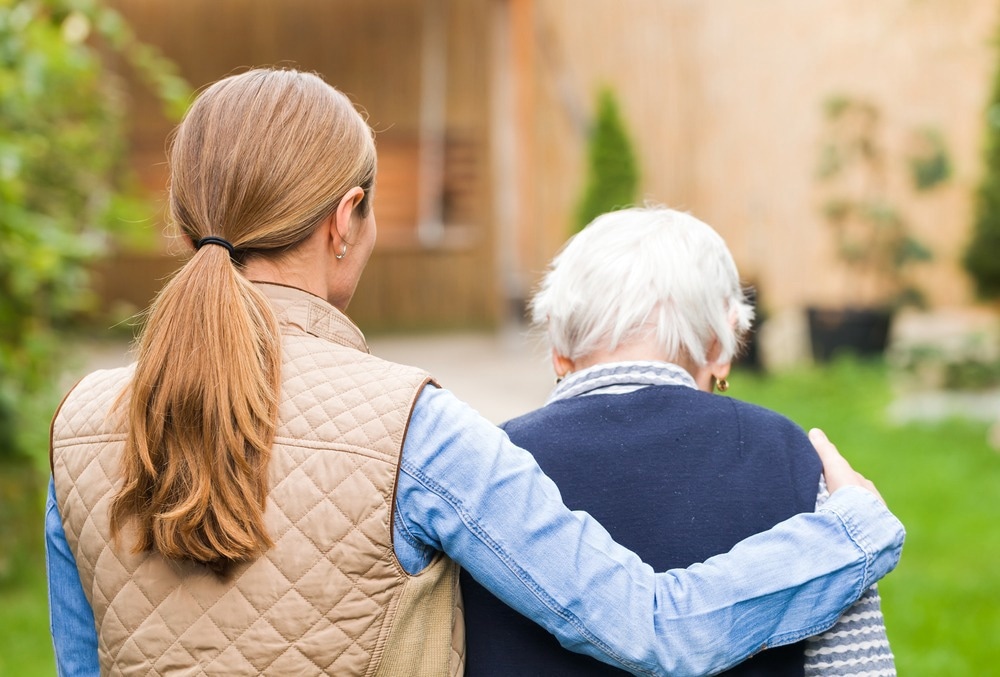
Image Credit: Bencemor/Shutterstock.com
A striking example was to learn that the Polish term for dementia is otępienie – also meaning senility, stupidity, and slowness. Understanding this gives an understanding of the stigma accompanying the diagnosis and the reluctance to seek diagnosis or help. In the Netherlands, we learned the value of dementia navigators – skilled professionals that will guide people following diagnosis who will help reduce the sense of being lost or on one’s own in managing this disease.
What is next for you and COGNISANCE?
We hope COGNISANCE and the Forward with Dementia website and campaign are the start of real, effective, collaborative worldwide change. We have just completed writing the Forward with Dementia ‘Playbook’ – a step-by-step guide on how to effectively develop a website and resources to improve the way a diagnosis of dementia is communicated and bolster post-diagnostic care, as well as how to run a campaign to raise awareness and stimulate positive change in your region of the world. The Playbook will be available on the Forward with Dementia website. We hope others will take up the challenge, improve and grow this initiative.
Where can readers find more information?
About Meredith Gresham
Dr. Meredith Gresham is the coordinator of the COGNISANCE project, an international project led by Scientia Profess Henry Brodaty AO from the Centre for Healthy Brain Ageing at UNSW Sydney, Australia.
She is an occupational therapist with over 35 years of clinical and research experience. Her practice has focused on dementia care in residential aged care, hospitals, community, rehabilitation, and palliative care setting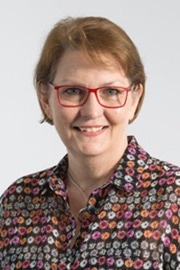 s. She has expertise in the design of the physical environment and the use of assistive technology to improve the function and independence of people living with dementia.
s. She has expertise in the design of the physical environment and the use of assistive technology to improve the function and independence of people living with dementia.
Her research interests span education and training with family carers of people living with dementia, reablement interventions for people with mild to moderate dementia, development of new service models for older people with very severe and persistent behavioral and psychological symptoms of dementia, development of evaluation for signage for wayfinding for people with dementia and providing holistic interventions for the management of behavioral and psychological symptoms of dementia.
Of note is the ability of Dr. Gresham to work collaboratively to implement research outputs, including conducting formative research through to the implementation of a Special Dementia Care Program (SDCP), a joint Aged Care -NSW Mental Health partnership program for the management and interim accommodation of people with very severe and persistent changed behavior associated with dementia. The SDCP model is currently being rolled out by the Australian Government to the 31 Primary Health Networks across the nation.